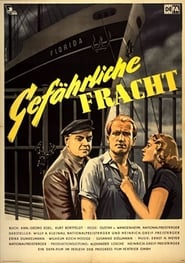detail profile horst kube
Peran Yang Di Mainkan Horst Kube
 Poor weavers Hans Horst Drinda und...
Poor weavers Hans Horst Drinda und...Das Kleid 1991
Poor weavers Hans (Horst Drinda) und Kumpan (Werner Lierck) try to enter a town surrounded by a tall, impenetrable wall, where everyone is apparently very happy. When they finally make it inside, the tyrannical Emperor Max demands they make him new clothes that would "bring all creatures to their knees." Hans and Kumpan claim only intelligent people can see the robe, and in order to prove himself clever, the emperor haughtily displays himself before his subjects wearing his new invisible regalia.
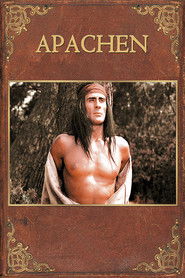 The story of Ulzana an Apache...
The story of Ulzana an Apache...Apache 1973
The story of Ulzana, an Apache chief who has reached a rapprochement with the local Mexican population and generously extends it to whites who travel through the territory. His people have become inured to the treacherous ways of the white man, however, and are now reliant on them for booze, 'relief flour' and beef steak.
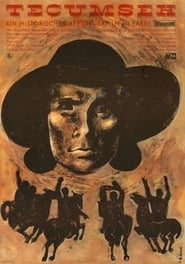 At the beginning of the 19th...
At the beginning of the 19th...Tecumseh 1972
At the beginning of the 19th century, white settlers regularly make and break treaties with the Native American inhabitants to gain possession of vast hunting grounds at ludicrously low prices without any bloodshed. Harrison, Governor of Indiana, has made and broke no less than fifteen such treaties, driving increasing numbers of Indians out to the infertile West. To put a stop to this criminal practice, the Shawnee Chief Tecumseh tries to unite the Native Americans.
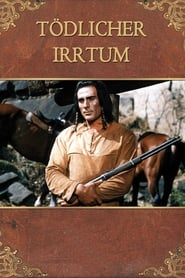 At the end of the 19th...
At the end of the 19th...Fatal Error 1970
At the end of the 19th century, the Wyoming Oil Company has established itself in the vicinity of Wind River City at the foot of the Rocky Mountains, where they have been illegally pumping oil from Native American territory. One of the company's greedy agents, Mike Allison, kicks out both his white partners and the Native Americans. He has his some of his associates secretly murdered and blames it on the Native Americans, who are then killed when they get in the way of his plans. Five chiefs with lifelong shares in the Oil Company die mysteriously as a result. The young chief Shave Head asks his a half-blooded brother Chris Howard for help.
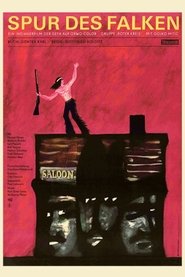 In the latter half of the 19...
In the latter half of the 19...Trail of the Falcon 1968
In the latter half of the 19th century, gold is discovered in the Black Hills, sacred land of the Lakota people. Gold diggers, profiteers and adventurers flock to the region. Among them is the hard-hearted land speculator Bludgeon, who tries to expel the Lakota using brutal methods. Lakota warriors retaliate, and soon the gold diggers' town becomes a battlefield.
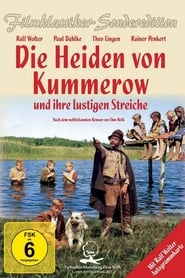 Kummerow a village in North East...
Kummerow a village in North East...The Heathens of Kummerow 1967
Kummerow, a village in North East Germany, around 1900: Mean-spirited miller Düker wants to drive cowherd Krischan out of the village. Being popular with the local children, Krischan can rely on the help of schoolboys Martin and Johannes and their friends, who try to prevent the miller's plans by playing pranks on him.
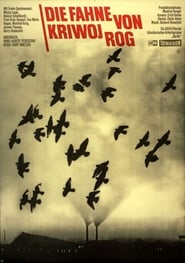 In an act of friendship and...
In an act of friendship and...The Banner of Krivoi Rog 1967
In an act of friendship and solidarity between two mining towns in 1929, the locals of Kriwoj Rog, Russia, give their flag as a gift to the locals of Bergstedt, Germany. This quickly takes on a symbolic meaning for the miners in Bergstedt as the Nazi party demands that this Soviet gesture be erased and the flag be replaced with their own. The miner and communist party functionary Otto Brosowski (Erwin Geschonneck) publicly declares it his duty to defend this flag against every danger, and he keeps his promise despite his family being threatened by torment and torture.
 As American settlers encroach on the...
As American settlers encroach on the...The Sons of Great Bear 1966
As American settlers encroach on the lands of the Lakota people, Tokei-ihto witnesses the murder of his father at the hands of Red Fox, who wanted information on where the tribe finds its gold. Two years later, at the height of the Great Sioux War, Tokei-ihto and Red Fox meet again.
 Little Red RidingHood lives together with...
Little Red RidingHood lives together with...Rotkäppchen 1962
Little Red Riding-Hood lives together with her parents in a house on the edge of the forest. Her friends are a bunny, a squirrel and a bear. The little girl is always prepared to help, friendly, innocent and even unsuspecting, for she does not hold anyone capable of doing anything bad. Little Red Riding-Hood often visits her grandmother who lives in the depths of the forest. But her way there is a dangerous one: the wolf and its lackey, the fox, terrorize everyone with their evil deeds. One day, Little Red Riding-Hood is caught in their net.
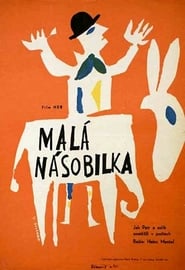 Peter is unwilling to learn the...
Peter is unwilling to learn the...Peter und das Einmaleins mit der Sieben 1962
Peter is unwilling to learn the multiplication tables at school. He would rather work as an acrobat at the circus, just like his friend Susanne. When the class plans a trip to the circus, Peter is supposed to buy the tickets. Since he miscounts and buys one ticket less than needed, he cannot join his schoolmates. Susanne, however, comes up with an idea and lets him work in the circus arena where he is supposed to check on the arithmetic problems of a numerate donkey. When Peter fails to control the donkey, he feels deeply ashamed and has to assess that math is needed in all parts of life.
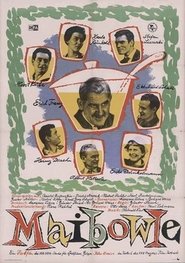 It is the 65th birthday of...
It is the 65th birthday of...The Punch Bowl 1959
It is the 65th birthday of Wilhelm Lehmann, foreman of a chemical company. All members of the large family are expected. Preparations are also being made in the company: Wilhelm is to be awarded the »Labor banner« and, as every year, the sons are responsible for the may bowl. But instead of family members, telegrams with rejections flutter into the house.
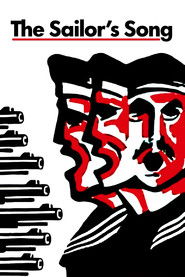 A film about the historical uprising...
A film about the historical uprising...The Sailor’s Song 1958
A film about the historical uprising of the seamen in Kiel: During the Russian October Revolution of 1917, German and Russian soldiers start to solidarize with each other. By disarming the officers, machinist Henne Lonke and stoker Jens Kasten prevent the attack on a Russian freighter. When German admiralty gives out orders for operation "Nibelungen", which would lead the German fleet into a suicidal attack against England and quell the revolutionary spirit, seamen and soldiers from different political backgrounds unite in protest.
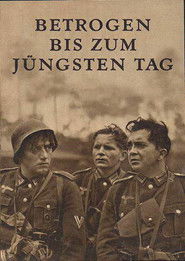 East Germanys contribution to the 1957 Cannes...
East Germanys contribution to the 1957 Cannes...Duped Till Doomsday 1957
East Germany's contribution to the 1957 Cannes Film Festival was the wartime melodrama Betrogen bis zum Juengsten Tag. Had the film been released in the U.S., the title would probably have translated to Duped Till the Last. The film condemns the Nazi mindset by concentrating on a particularly odious cover-up. When his son is involved in the accidental killing of a girl, a Gestapo general pulls strings to save the boy from prosecution. The general manages to pin the blame for the killing on a group of Russians, whereupon he gives the men under his command carte blanche to round up and execute as many innocent Russians as they wish. This act of brutality is contrasted with the pangs of guilt suffered by the son and his co-conspirators.
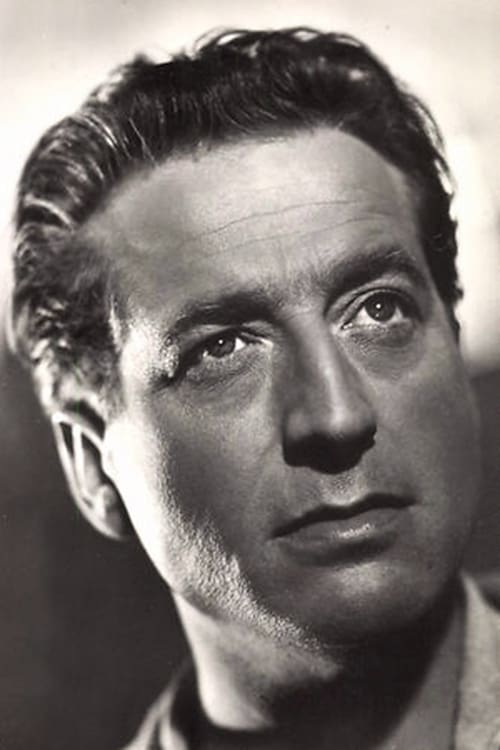
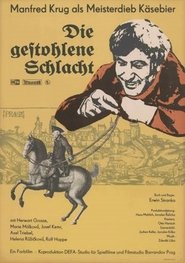
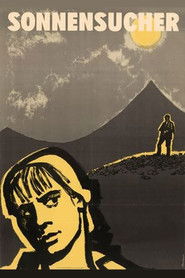 A socialist story of atoms for...
A socialist story of atoms for...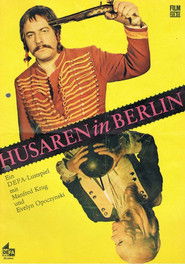 Comedy about the Husarenstreich the 1757 Berlin...
Comedy about the Husarenstreich the 1757 Berlin...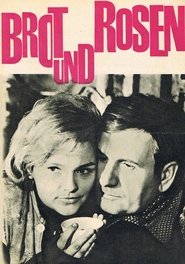 Film by Thiel and Brandt
Film by Thiel and Brandt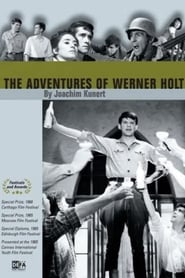 Two 17yearolds Werner Holt and Gilbert...
Two 17yearolds Werner Holt and Gilbert...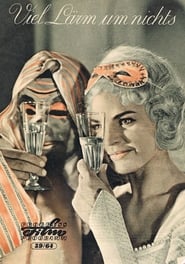 Young lovers Hero and Claudio soon...
Young lovers Hero and Claudio soon...